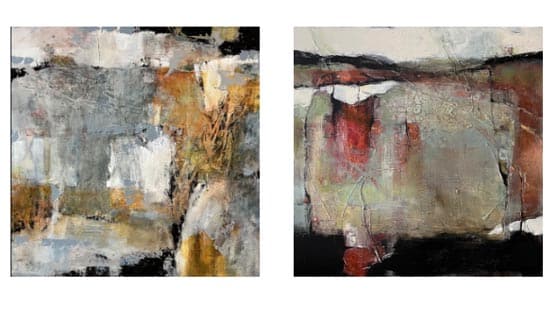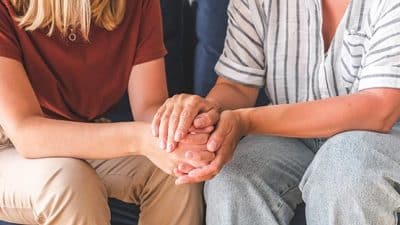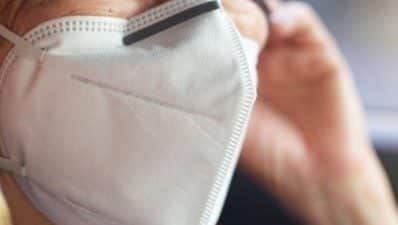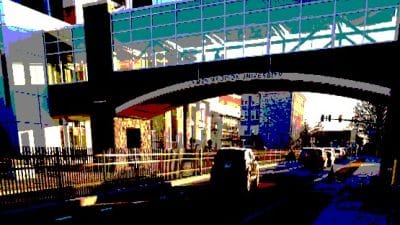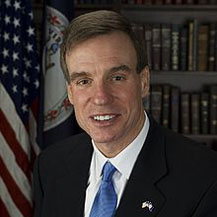
William & Mary’s Lewis B. Puller, Jr. Veterans Benefits Clinic puts law students to work gathering historical documentation and medical records that are required in support of many of the most complicated cases currently pending at the U.S. Department of Veterans Affairs. The V-A has acknowledged a backlog of nearly 600,000 claims.
Last month, Sen. Warner also urged U.S. Veterans Affairs Secretary Eric Shinseki to consider the Puller Clinic model as part of a national network of pro bono legal help for military veterans with complicated disability claims.
Sen. Warner’s letter to his 99 Senate colleagues is below and available here:
Dear Colleague:
As a strong supporter of our military men and women and our veterans, I know that you share my serious concerns about the estimated 600,000 disability claims currently backlogged in the Veterans’ Affairs (VA) processing system. Last month, 67 members of the United States Senate joined together in signing a bipartisan letter urging the President to make elimination of the VA claims backlog, which currently averages 300 days, a more urgent national priority. As we work together to find innovative, commonsense solutions, I urge you to join me in support of one successful approach already underway in Virginia.
The College of William & Mary’s nationally-recognized Marshall-Wythe School of Law recently established the Lewis B. Puller, Jr. Veterans Benefits Clinic, which has been effectively harnessing the energy and skills of law students by providing pro bono legal assistance to veterans in documenting and submitting some of the most difficult VA benefits claims. VA officials have told us the backlog is caused, in part, by the staff time and effort required to fully document and process often incomplete disability claims.
Under close supervision by the Clinic’s professional staff, these law students gain valuable legal training while tracking down the supporting factual evidence and medical documentation required to help correlate the direct relationship between service event and injury. Clinic students have the opportunity to interview clients, analyze medical records, communicate with health providers and craft strategies to help clients receive disability compensation. The program recently was profiled in a news article in the Newport News, Va., Daily Press.
In addition to providing direct representation to veteran clients while compiling and then submitting these complex VA claims, the non-profit Puller Clinic also conducts education and outreach to the region’s homeless and indigent veterans. The Clinic also has produced a training template for private attorneys who wish to volunteer their services to assist military veterans in receiving the benefits they have earned.
These services can have life-changing effects on the veterans served by the Puller Clinic. In the past year alone, law students and pro bono have successfully achieved an average 26% increase in the VA disability ratings assigned to clients in some of the most complicated cases. In addition to direct representation of veterans in hundreds of complex claims, the Puller Clinic’s services also include assisting with the costs of related medical and psychological services, as well as related transportation expenses.
If we work together as colleagues to extend this program to other law schools across the country, we could provide tangible assistance to many of our veterans by ensuring that complex claims are completed in a more comprehensive and timely manner prior to submission to the VA. With your support, a network of similar pro bonoefforts could be established to help reduce the burden and strain on veterans who often struggle to produce the required documentation for claims of service-related injury and trauma. In addition, this initiative could assist VA employees by significantly reducing the time and effort currently required to process more complex disability claims.
To date, 15 colleges and universities in Virginia — and an equal number across the country — have established similar programs to serve our military veterans. These clinics serve as excellent examples of constructive civic engagement, increasing collaboration with the VA as it works to address its chronic backlog of disability claims.
William & Mary’s Puller Clinic has prepared a playbook containing guidance on how to effectively establish similarpro bono programs to serve our military veterans. I would be pleased to share it with you if you believe this approach might be of interest to law schools located in your state. For more information, please feel free to contact my office.



